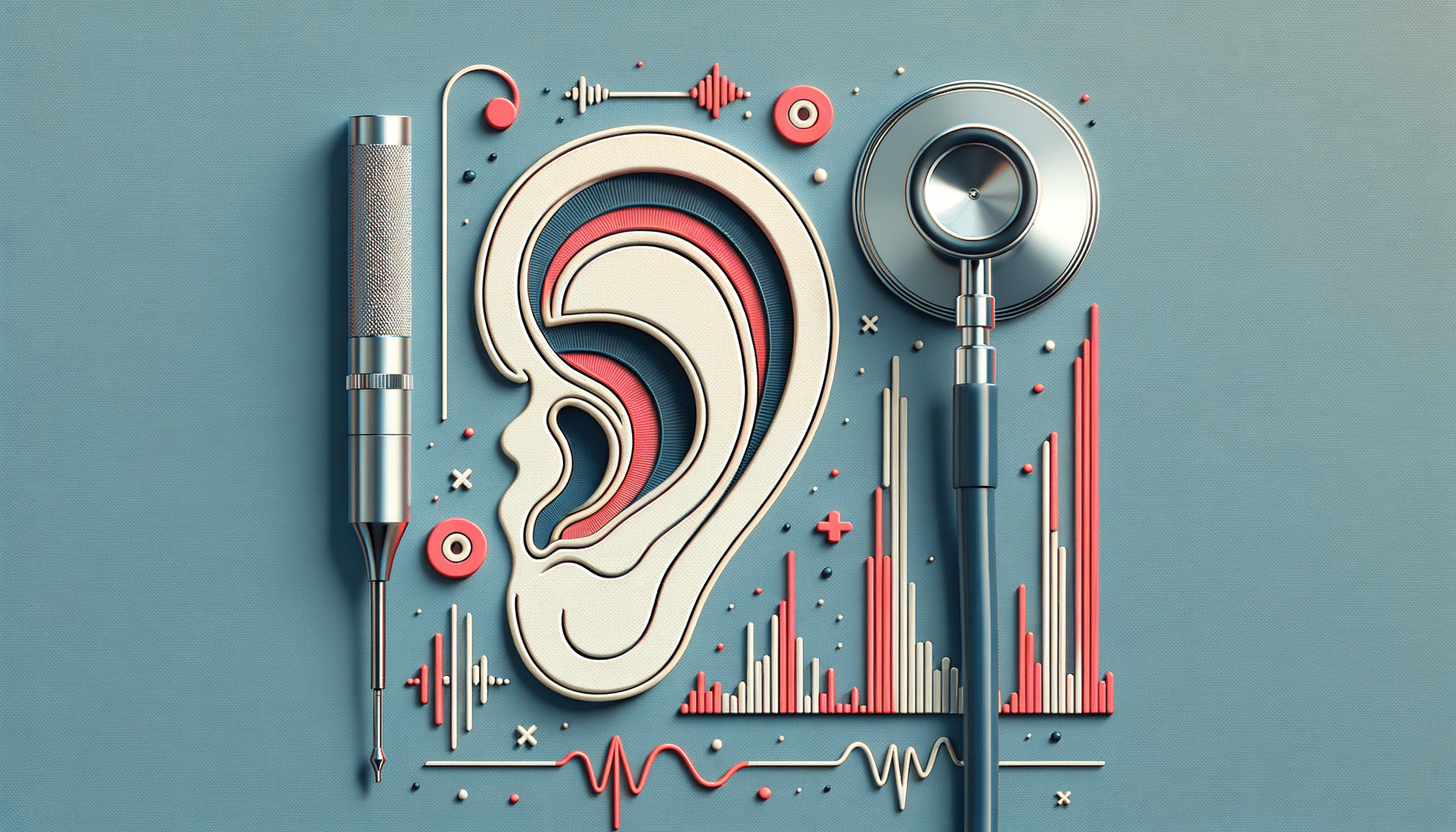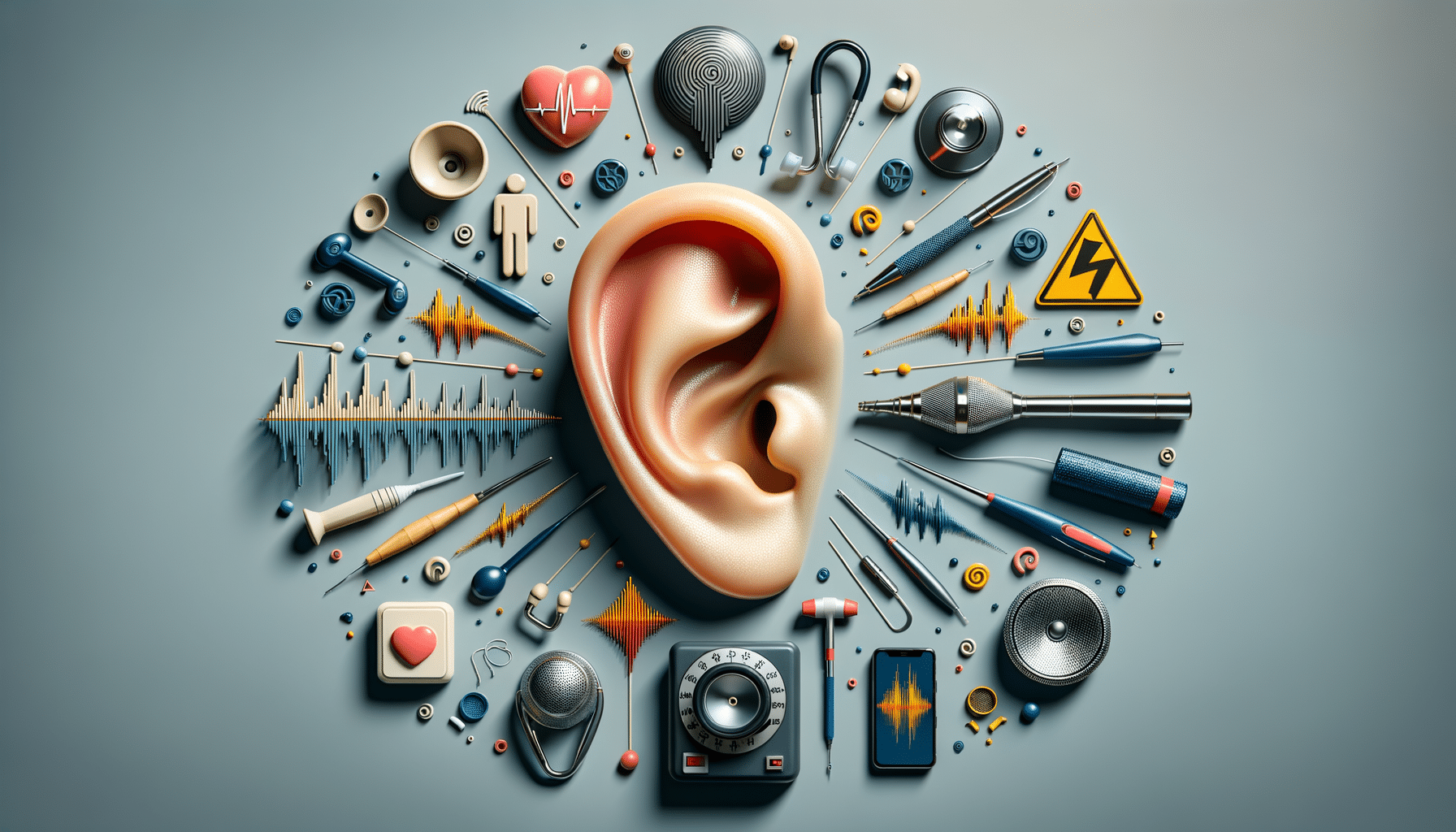
Fast and Reliable Depression Test: Detect Early Mood Changes
Understanding Depression: A Brief Overview
Depression is a complex mental health condition that affects millions worldwide. It is characterized by persistent feelings of sadness, hopelessness, and a lack of interest or pleasure in daily activities. Recognizing depression early can be crucial in managing its impact on one’s life. A reliable depression test can help you recognize subtle shifts in your mood, allowing for timely intervention and support. Understanding the symptoms and triggers of depression is the first step towards effective management.
Depression manifests in various forms, including major depressive disorder, persistent depressive disorder, and bipolar disorder, among others. Each type has unique features but shares common symptoms such as changes in appetite, sleep disturbances, and difficulty concentrating. The causes of depression are multifaceted, involving genetic, biological, environmental, and psychological factors.
Recognizing the signs of depression early can lead to better outcomes. Regular self-assessment through a depression test can be a proactive approach to mental health. By identifying early warning signs, individuals can seek professional help and support from family and friends.
The Importance of Early Detection
Early detection of depression is critical for effective treatment and management. A reliable depression test can help you recognize subtle shifts in your mood, which could be early indicators of a deeper issue. Early intervention can prevent the escalation of symptoms, reducing the risk of severe depression and its associated complications.
There are several benefits to detecting depression early, including:
- Improved response to treatment: Early-stage depression is often more responsive to therapy and medication.
- Reduced risk of recurrence: Addressing symptoms early can prevent future episodes.
- Enhanced quality of life: Early intervention can help individuals maintain their daily functioning and relationships.
By using a depression test regularly, individuals can monitor their mental health and seek help when necessary. This proactive approach empowers individuals to take control of their mental well-being and seek appropriate support.
How Depression Tests Work
Depression tests are tools designed to assess the presence and severity of depressive symptoms. These tests typically consist of a series of questions that evaluate mood, behavior, and cognitive patterns. A reliable depression test can help you recognize subtle shifts in your mood, providing valuable insights into your mental health.
Most depression tests are self-administered and can be completed online or in a healthcare setting. They use standardized questionnaires, such as the Patient Health Questionnaire (PHQ-9) or the Beck Depression Inventory (BDI), which are widely recognized for their accuracy and reliability.
These tests measure various aspects of depression, including:
- Frequency and intensity of depressive symptoms
- Impact on daily functioning
- Presence of suicidal thoughts
While depression tests are valuable tools, they are not diagnostic instruments. A healthcare professional should always interpret the results and provide a comprehensive evaluation. Depression tests are a starting point for discussions with a therapist or doctor, helping to guide further assessment and treatment planning.
Interpreting Results and Next Steps
After completing a depression test, understanding the results is crucial for determining the next steps. A reliable depression test can help you recognize subtle shifts in your mood, but interpreting these results requires careful consideration. Scores typically indicate the severity of depressive symptoms, ranging from mild to severe.
Upon receiving the results, individuals should consider the following actions:
- Consult a healthcare professional: Discuss the results with a doctor or therapist for a comprehensive evaluation and personalized treatment plan.
- Engage in self-care: Incorporate activities that promote mental well-being, such as exercise, meditation, and social interaction.
- Build a support network: Reach out to friends, family, or support groups for emotional support and encouragement.
It is important to remember that depression is a treatable condition. Early detection and intervention can significantly improve outcomes and enhance quality of life. A reliable depression test is a valuable tool in recognizing early warning signs and taking proactive steps towards mental health.
Conclusion: Taking Charge of Your Mental Health
In today’s fast-paced world, mental health is more important than ever. A reliable depression test can help you recognize subtle shifts in your mood, serving as an essential tool for early detection and intervention. By understanding the symptoms of depression and utilizing these tests, individuals can take proactive steps towards managing their mental health.
Depression tests are not a substitute for professional diagnosis, but they provide a valuable starting point for seeking help. Early intervention can lead to better treatment outcomes, improved quality of life, and reduced risk of recurrence. By taking charge of their mental health, individuals can lead fulfilling lives and overcome the challenges posed by depression.
Remember, mental health is a journey, not a destination. Regular self-assessment, professional support, and a strong support network are key components in managing depression effectively. By staying informed and proactive, individuals can navigate the complexities of mental health with confidence and resilience.


